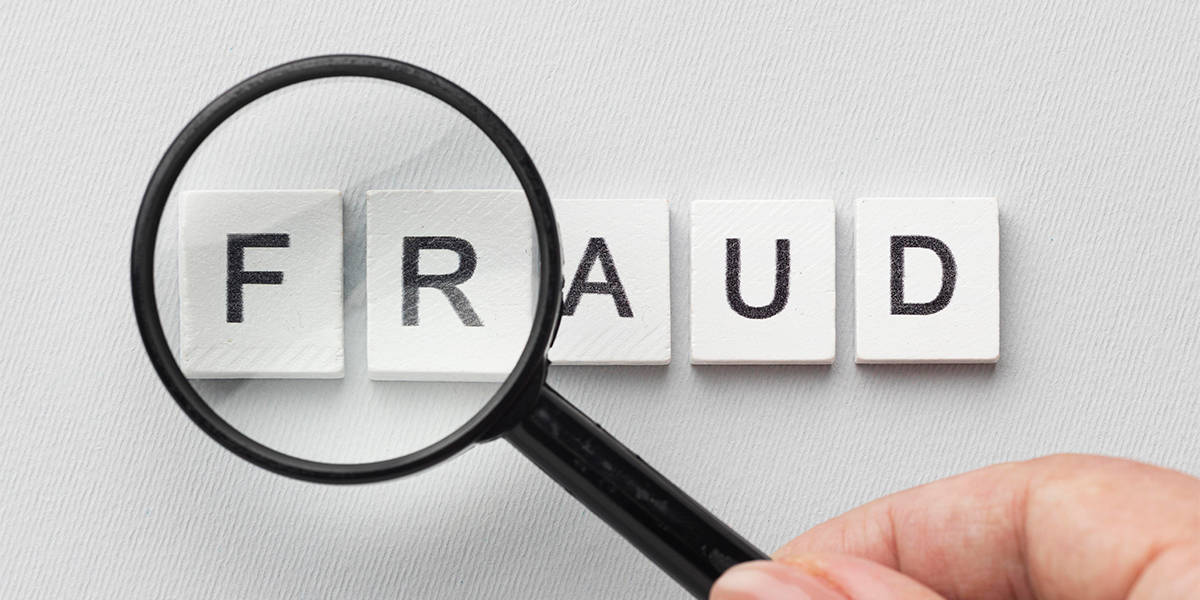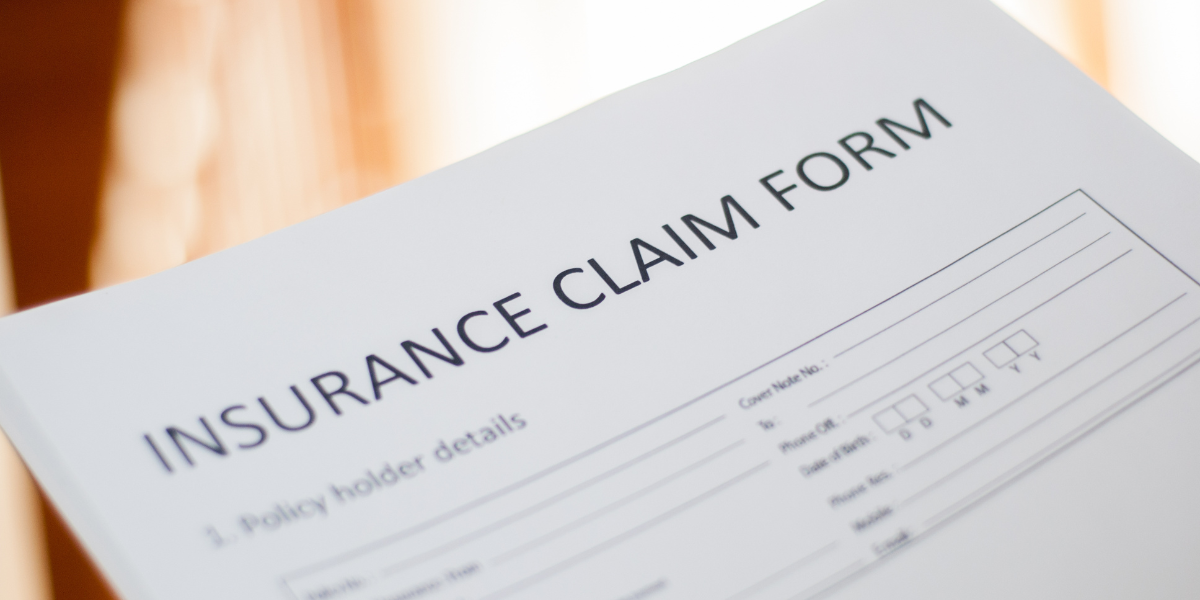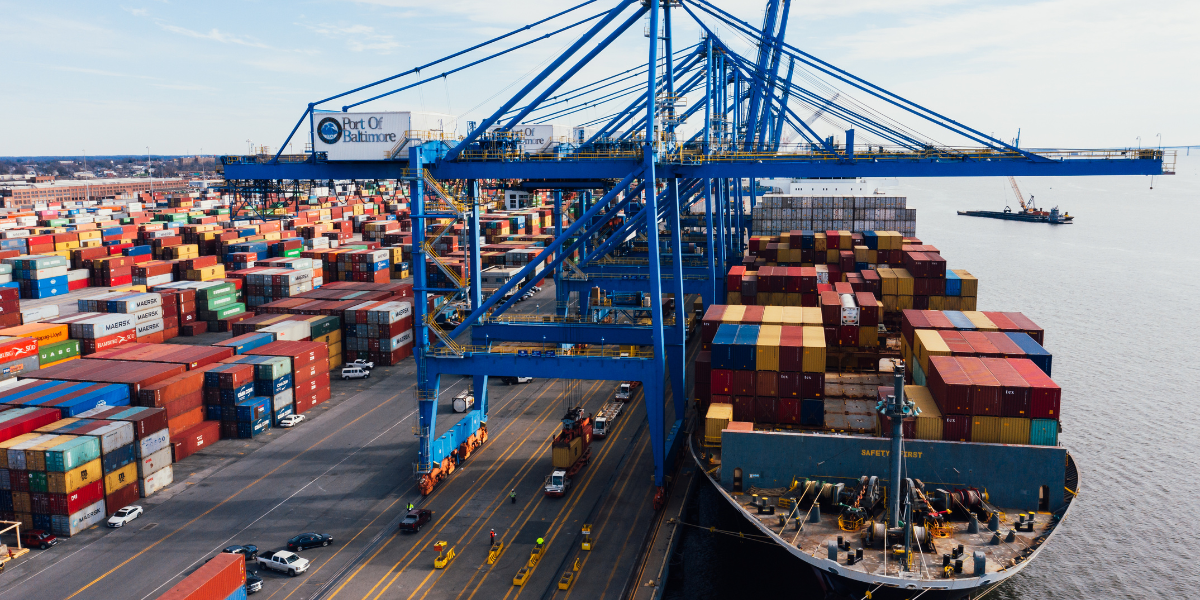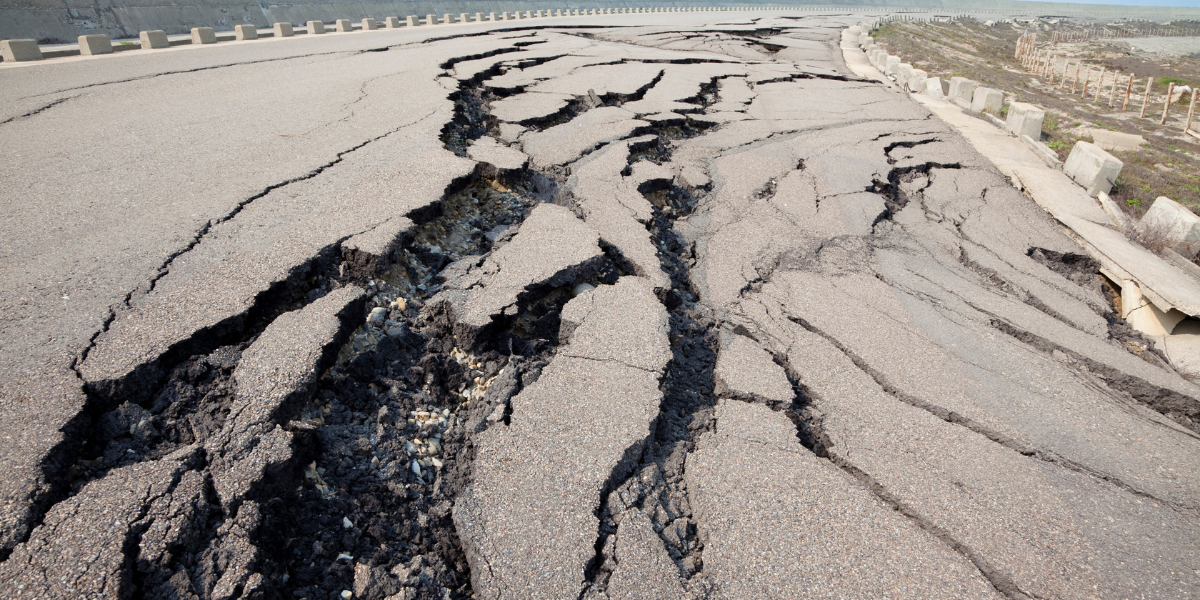These days many individuals and businesses are looking for insurance solutions that align not only with their financial needs but also with their faith. For Muslims, this often means choosing Takaful, a Shariah-compliant alternative to conventional insurance. Yet, questions around how Takaful works, how it differs from traditional insurance, and whether it offers the same level of protection are still common.
At Habib Insurance Company, educating customers and offering ethical, transparent risk-management solutions is a core priority. This guide breaks down Takaful into simple questions and clear answers to help you make informed decisions with confidence whether to go for conventional or Takaful.
What is Takaful?
Takaful is an Islamic system of insurance based on mutual cooperation, shared responsibility, and voluntary contribution. The word Takaful comes from the Arabic root kafala, meaning “to guarantee” or “to support one another.”
Instead of transferring risk to an insurance company, participants contribute to a shared pool of funds. These funds are used to compensate members who suffer a loss, ensuring that risks are collectively shared rather than individually borne.
How Does Takaful Work?
Here’s a simplified explanation:
- Participants contribute money into a pooled fund.
- The pool is managed by a Takaful operator on behalf of participants.
- If a participant faces a covered loss, compensation is paid from the shared fund.
- Any surplus after claims and expenses may be distributed among participants or retained to strengthen the fund, depending on the Takaful model.
The operator does not own the pool; it only manages it for a predefined fee.
What Are the Main Types of Takaful?
Takaful generally falls into two broad categories:
1. Family Takaful
Comparable to life insurance, Family Takaful helps with:
- Financial security for dependents
- Education planning
- Savings and long-term financial goals
2. General Takaful
Similar to general insurance, it covers:
- Health and medical expenses
- Motor vehicles
- Property, travel, and business risks
Both options ensure protection while remaining fully aligned with Islamic rules and values.
How Is Takaful Different from Conventional Insurance?
| Aspect | Takaful | Conventional Insurance |
| Risk Structure | Shared among participants | Transferred to insurer |
| Contribution | Donation to a pooled fund | Premium paid to company |
| Investments | Shariah-compliant only | Often interest-based |
| Profit/Surplus | Shared with participants | Retained by insurer |
| Ethical Basis | Mutual cooperation | Commercial profit |
This structure makes Takaful more community-oriented and ethically driven.
Is Takaful Only for Muslims?
No. While Takaful is based on Islamic principles, it is open to everyone, regardless of faith. Many non-Muslims choose Takaful for its transparency, ethical investment policies, and shared-risk approach. It is a misconception that Takaful is only for Muslims, but it can be bought by anyone.
Who Ensures That Takaful Is Shariah-Compliant?
Every Takaful operator works under the supervision of a Shariah Board, consisting of qualified Islamic scholars. This board ensures that:
- Products follow Islamic principles
- Funds are invested ethically
- Operations remain free from interest, uncertainty, and prohibited activities
Regular audits and reviews help maintain ongoing compliance.
What Happens If the Takaful Fund Is Insufficient?
If claims exceed the amount available in the pool, the Takaful operator may provide an interest-free loan to support the fund. This loan is later repaid from future surpluses, ensuring participants are protected with Shariah rules.
Are Claims Handled the Same Way as Insurance?
Yes, from a customer’s perspective, the claim process is very similar. Participants file claims when a covered event occurs, and after verification, compensation is paid from the pooled fund. The key difference is where the money comes from a shared participant fund rather than an insurer’s funds or profits.
Does Takaful Offer the Same Level of Coverage?
Absolutely. Modern Takaful products are designed to match, and sometimes exceed, the coverage offered by conventional insurance. From motor plans to business and travel coverage, Takaful provides comprehensive protection while maintaining ethical standards.
Why Should Businesses Consider Takaful?
For businesses, Takaful offers:
- Ethical risk management
- Improved trust with customers and partners
- Shariah-compliant protection for assets, employees, and operations
This makes it particularly attractive for organizations that value corporate responsibility alongside profitability.
Is Takaful More Expensive?
Not necessarily. Costs are often comparable to traditional insurance. In some cases, participants may even benefit from surplus sharing, reducing the overall cost of coverage over time.
How to Choose the Right Takaful Plan?
When selecting a Takaful solution, consider:
- Coverage needs (personal, family, or business)
- Transparency of terms and conditions
- Reputation and expertise of the provider
- Shariah governance structure
A trusted provider ensures peace of mind both financially and ethically.
The Growing Importance of Takaful in Pakistan
With increased awareness of Islamic finance and a growing demand for ethical financial solutions, Takaful is rapidly gaining popularity in Pakistan. Regulatory support, better product innovation, and strong consumer interest are shaping a robust future for Shariah-compliant insurance. A better understanding of Takaful products will help people understand the difference between conventional and Takaful. Visit www.habibinsurance.net for Takaful related products offered by Habib Insurance Company.








